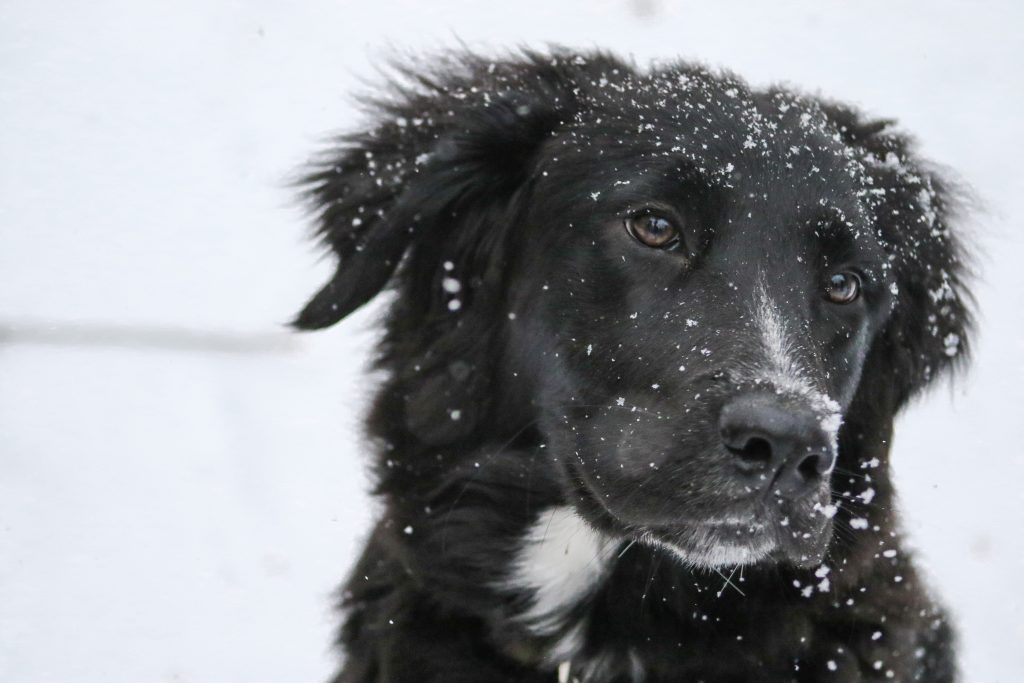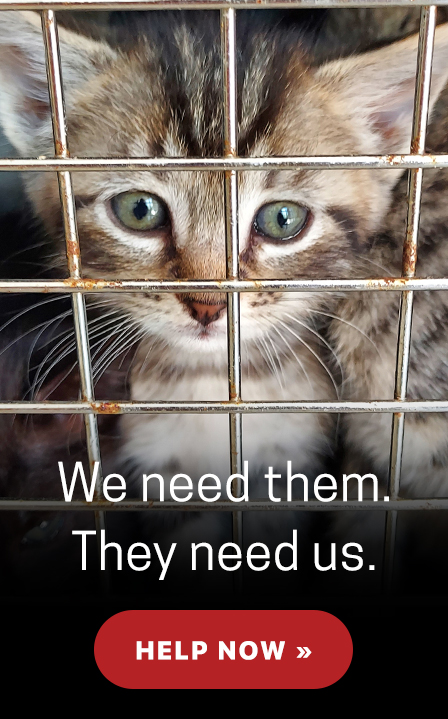It’s getting cold out there! As much of the country braces for chilly weather ahead, pet owners should take precautions to keep their four-legged family members safe as temperatures drop.
Remember: When it Comes to the Cold, Not All Dogs Are Created Equal
It’s a common myth that dogs have superpowers compared to humans when it comes to tolerating cold weather because of their fur. That’s not the case! Dogs are subject to the same effects as we are – including hyperthermia and frostbite – regardless of their breed, with enough time and exposure to the elements. It’s important to know your dog and their limits. Elderly, pediatric and smaller breeds with thin coats are highly susceptible to the effects of frigid temperatures, so pet owners with this group of dogs should take extra precautions.
Know the Warning Signs to Look For
When wind chills dip into the single digits, furry friends left outside are at high risk of frostbite or hypothermia, both of which can be deadly. If your pet has spent any significant time outside in cold temperatures, inspect their fur and paws once they come inside. Paws can be an early indicator of overexposure to cold weather – specifically cracked, dry or bleeding paws. If you notice your pet’s gait or stance seems different, they may be having a flare-up of arthritis, and pets that are shivering, disoriented or have discoloration of their extremities should also raise a red flag: tails, ears, and paws are especially susceptible to frostbite.
Give Pets Shelter From the Cold
We never recommend leaving a pet in a cold car or outside in frigid temperatures, but it’s a good idea to have a shelter in your yard in the event of a sudden storm or cold front. Make sure pets have a platform that keeps them off the ground, as this will minimize heat loss. Their bedding should be thick and dry and position the shelter away from wind, snow and rain. Dogs are adept at maintaining body heat for periods of time if they are kept clear of the elements, namely wind and rain, so this can help them in case of unexpected weather changes.
As always, if you are worried your pet is experiencing signs of frostbite or hypothermia, or struggling to maintain their health in the cold weather, reach out to your veterinarian or animal hospital immediately. With a few simple tips, you can help ensure your pet is safe this winter as temperatures dip.


